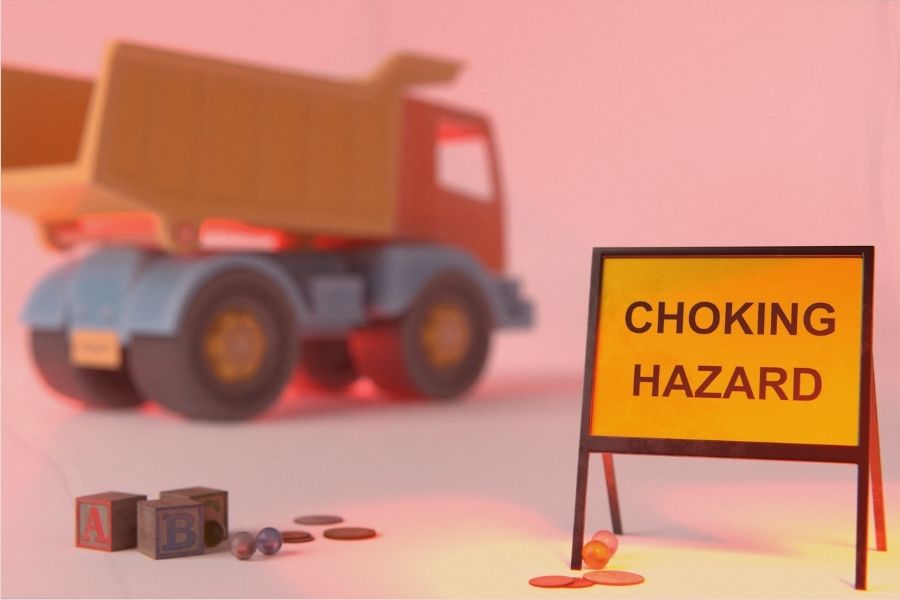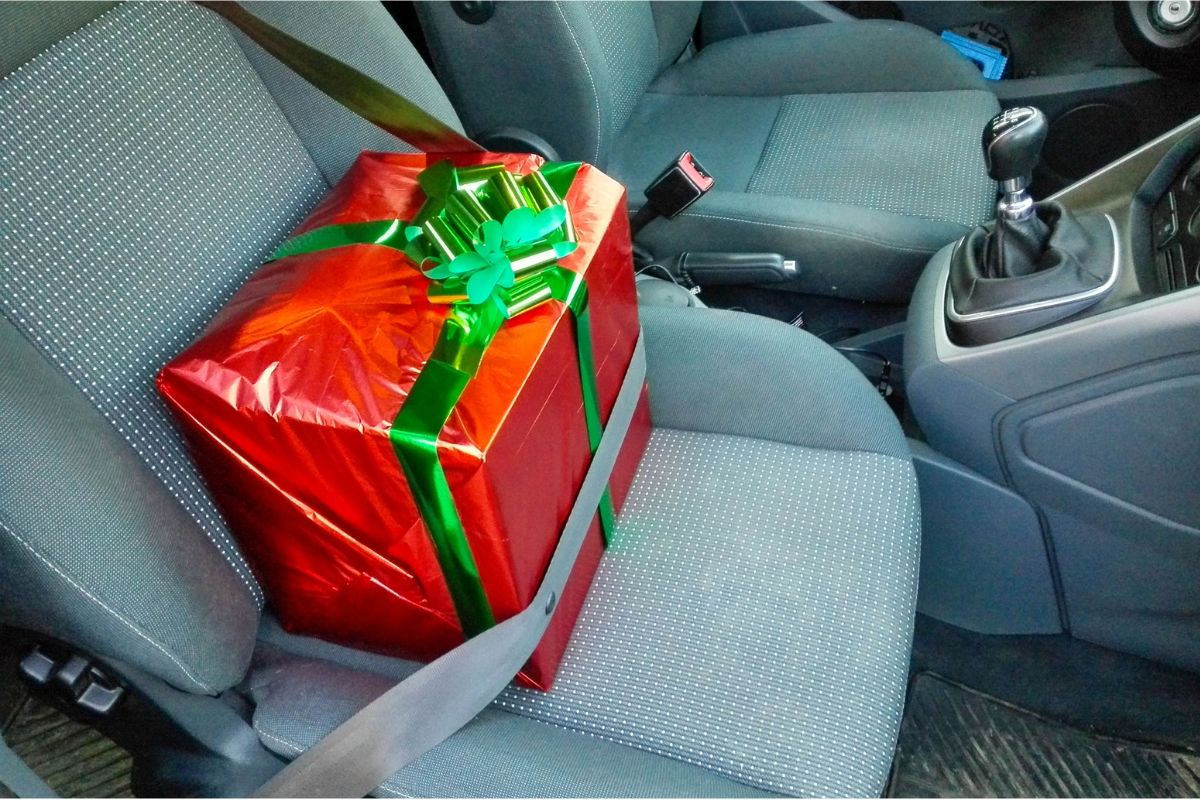For millions of Americans, wheelchairs are a necessity for mobility. Yet, every year, thousands of travelers with disabilities find their mobility aids destroyed or damaged by airlines. According to the U.S. Department of Transportation (DOT), airlines mishandle an average of 1.5% of all wheelchairs and scooters they transport, which translates to thousands of incidents annually. For passengers who rely on these devices to move, work and live independently, even one damaged wheelchair can mean days or weeks of pain, immobility, and indignity.
What’s worse, the Air Carrier Access Act (ACAA), the main law governing disability rights in air travel, does not allow passengers to sue airlines directly. That leaves many stranded in bureaucratic limbo, filing complaints with the DOT while airlines outsource “repairs” to third-party vendors who often fail to deliver quality fixes or replacements.
How Wheelchairs Get Damaged During Air Travel
Most incidents occur during loading and unloading. Airlines often treat wheelchairs like luggage, stacking them in cargo holds without understanding how fragile and personalized these devices are. Common causes include:
- Improper handling or lifting during loading
- Lack of secure tie-downs in cargo holds
- Exposure to extreme temperatures or pressure
- Improper reassembly after partial disassembly
- Rushed ground crews with no training in accessibility equipment
For many travelers, the damage goes beyond inconvenience — it means loss of independence, injury, and emotional trauma.
Common Wheelchair Types Most at Risk
Some wheelchair models are more vulnerable than others because of their build or electronic components. High-end mobility chairs, especially those with custom configurations, are often damaged beyond repair when mishandled.
Common models affected include:
- Permobil: M3, F5 Corpus, and M Corpus VS
- Quantum Rehab: Q6 Edge, Q700, Stretto
- Invacare: TDX SP2, Pronto M91, Storm Series
- Sunrise Medical / Quickie: Q500 M, QM-7, Quickie Pulse
- Pride Mobility: Jazzy Elite, Go Chair, Quantum J6
These are not just wheelchairs, they’re customized medical devices built to match a user’s posture, muscle control, and medical needs. Replacing one is rarely as simple as ordering a new unit.
Your Rights Under the Air Carrier Access Act (ACAA)
Even though the ACAA doesn’t give passengers a direct right to sue, it does establish clear obligations for airlines. Here’s what you’re entitled to:
- Free transport of mobility devices – Airlines must carry your wheelchair free of charge.
- Priority loading and unloading – Your wheelchair must be returned to you promptly at your arrival gate.
- Comparable loaner device – If your chair is damaged or lost, the airline must provide a loaner wheelchair until yours is repaired or replaced.
- Full repair or replacement cost – Airlines are required to cover the full cost of repair or replacement, not a depreciated value.
- Complaint Resolution Officer (CRO) – Every airline must have a trained officer available at the airport to address disability-related issues immediately.
If an airline fails to comply, you can file a complaint directly with the DOT’s Aviation Consumer Protection Division. However, because there’s no private right of action, systemic change has been slow.
The Human Cost Behind the Numbers
For many travelers, these incidents represent more than broken equipment — they symbolize a system that treats disabled passengers as afterthoughts. People have been stranded in airports for hours, suffered injuries from loaner chairs that didn’t fit, and missed work or medical appointments because their mobility was stolen from them.
Advocacy groups like Paralyzed Veterans of America and All Wheels Up have pushed for stronger protections, but the power imbalance between individuals and billion-dollar airlines remains stark. Until Congress amends the ACAA to include a private right of action, airlines face little real accountability.
Moving Toward Accountability
The fight for accessibility in air travel is far from over. Real change requires:
- Mandatory accessibility training for all airline and ground staff
- Accessible cargo areas specifically designed for mobility devices
- Federal penalties for repeated damage incidents
- Public reporting of airline wheelchair mishandling rates
- Legal reform granting passengers the right to sue
Until that happens, knowing your rights, and asserting them, is your best defense against systemic negligence.
We Want to Talk to You
The Carlson Law Firm is investigating wheelchairs damaged by airlines. When an airline damages a wheelchair, it’s not just property loss, it’s a violation of autonomy and dignity. Air travel should empower, not endanger, disabled passengers. Whether you’re a Permobil user heading to a conference or a veteran traveling to see family, your mobility device is an extension of your body, and airlines must treat it that way.
If your wheelchair was damaged in transit, don’t stay silent. Contact The Carlson Law Firm at 833-4-CARLSON to help us with our investigation.




